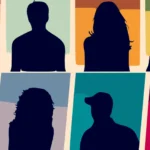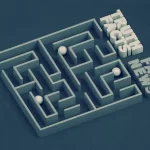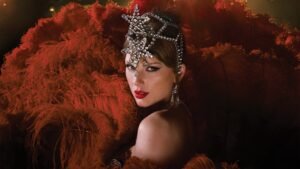
The Rise of AI Art and Post-Human Creativity
AI tools are still limited in some ways – they rely on datasets created by humans and cannot yet match the depth, emotion, and meaning that the best human art embodies. Many believe there is something uniquely “human” in the artistic process that AI cannot replicate.
AI art tools allow those without traditional artistic skills to readily create aesthetically pleasing images. This expands who can participate in the creative process. Some believe this democratization can lead to new creative possibilities by freeing us from constraints.
How AI art generators will impact art and artists moving forward?
AI art generators have sparked a lot of discussion and debate about the future of art and the role of artists.
There are valid concerns around copyright, proper attribution, and economic impacts on human artists. Guidelines and regulations likely need to develop alongside the technology.
Rather than replacing artists, AI tools might be best seen as complementary, enhancing human creativity rather than competing with it. The tools do not currently make standalone “art” at the level of great human artists. But they can become an expressive medium in their own right, especially when guided by human imagination.
The future is uncertain – while current AI has limitations, the rapid pace of technological progress makes the long-term implications hard to predict. Here’s a balanced analysis of some of the perspectives:
Potential positives:
- AI generators vastly expand access to creative tools and can inspire more people to explore making art. They can help with creative inspiration, speed up workflow, and provide a starting point.
- They could enable more experimentation and genres merging by making different styles and techniques easily mixable. This could lead to new movements and innovations.
- For commercial artists, they provide helpful assistants that can automate repetitive tasks to free up more time for high-level creative work.
Concerns and negatives:
- The current generation of text and image AI still lacks deeper creative agency, intentionality, and a unique inner vision. As a result, much of the art tends to have a derivative, impersonal, or randomized feel compared to human-created art.
- Heavy use of generators as a crutch could atrophy human creativity over time if we rely on them too much without understanding their limitations.
- Attribution and compensation for whoever contributed to training the models is currently lacking. Addressing this should be a priority.
- Widespread automation of art and content creation could disrupt industries and livelihoods of traditional artists and creatives. Transitioning the economy would be necessary.
There are good-faith perspectives on multiple sides of this complex issue.
AI Art Generators remains in its early stages but shows a lot of promise if guided responsibly. Rather than making human artists obsolete, the goal should be to create synergy – designing AI tools that amplify creativity without supplanting it entirely. The post-human artist era will likely involve hybrid intelligence where both humans and machines play to their complementary strengths.





